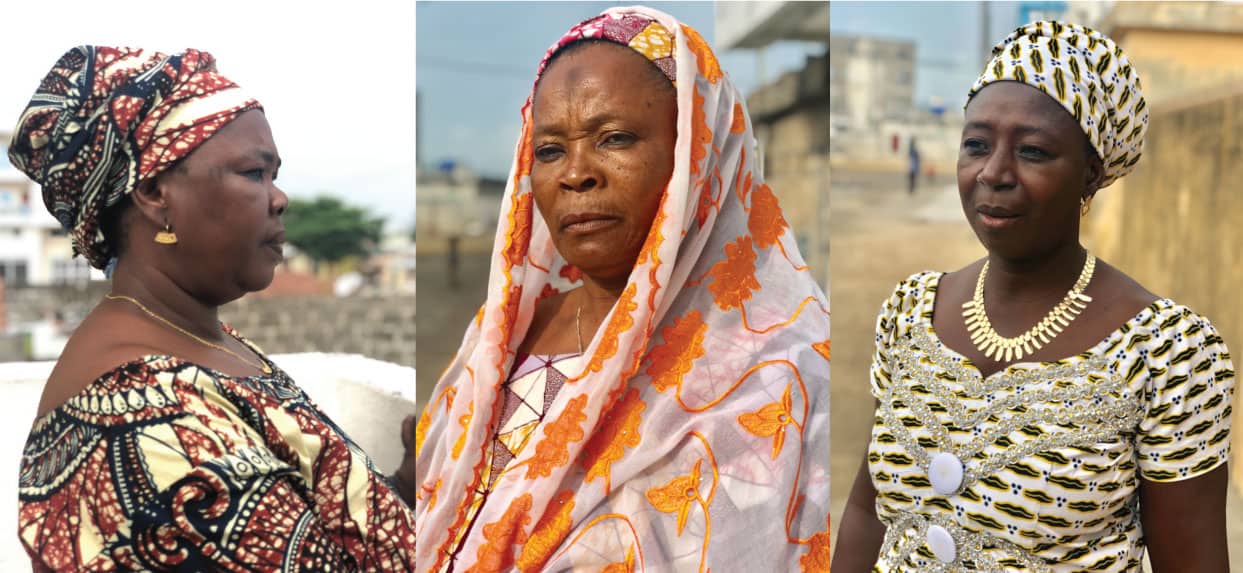This website uses cookies so that we can provide you with the best user experience possible. Cookie information is stored in your browser and performs functions such as recognizing you when you return to our website and helping our team to understand which sections of the website you find most interesting and useful.
Mothers’ groups are creating systemic changes to education throughout Benin and improving the lives of countless children.
Since 1994, World Education has been working in the Republic of Benin to improve education, especially for girls. World Education’s programs foster literacy and women’s empowerment in a country where the average adult has only 2.7 years of schooling and 76% of women are illiterate.
Mothers in Benin are committed to fighting illiteracy
In 2003, World Education launched a program organizing and empowering women through School Mothers’ Associations. The mothers’ associations enhance women’s civic participation and provide opportunities for mothers to actively engage with local schools.
Mothers’ associations create new opportunities for women to become more involved in education and for girls to be supported and retained in school. World Education’s work with mothers’ associations across Benin has led to improved school management, the creation of school health and feeding programs, and higher general enrollment and achievement.
Improving girls’ education
World Education works with mothers’ associations to help girls stay in school. Mothers’ associations register girls for school, monitor their attendance, and help them overcome obstacles that prevented them from going to school.
Mothers receive training to provide social support for vulnerable children in their communities and advocate against child marriage and gender-based violence.

Creating lasting change
Mothers’ associations meet with school directors to discuss absence-related issues or other problems that children are encountering. They educate community members about the education challenges caused by teacher absences and help with the funding and construction of local teacher housing so that teachers can live in the community instead of having to travel long distances.
School lunch programs are enhanced by setting up cooperative school gardens to provide condiments, and even staples, in the absence of a government feeding program at their school. Daycare arrangements have also been established, so that older children are not removed from school to take care of younger siblings. School directors are also involved in these discussions to make sure that school clean-up tasks are equitably divided between boys and girls and that teachers call on girls as much as boys in class. These best practices, which are often shared among different AMEs, are only a sample of what these mothers’ associations can accomplish.

